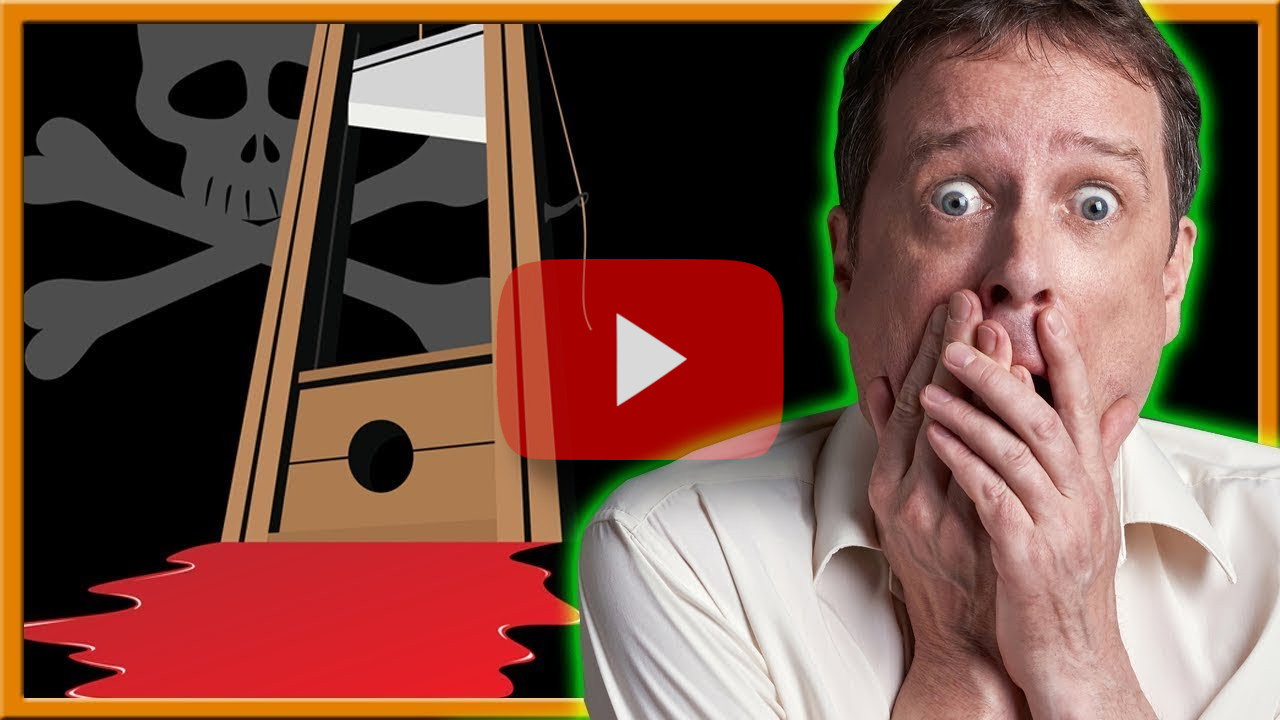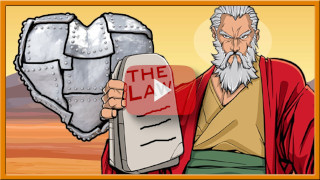The secular media has been around for a long time. Before newspapers and television it was the far less reliable word-of-mouth. It was this secular medium that crucified Jesus. The same crowd that shouted "Hosanna!" one week was shouting "Crucify him!" the next.
If the cross was the price Jesus paid for dealing with the secular media, then it may also be the price we must pay if we are to truly follow him today.
Jesus commands us to "go into all the world and preach the gospel to every creature." If it sounds like an overwhelming task, think of what it must have been like 2000 years ago.
The electronic media can greatly speed up our task, even if it also distorts our message. At least today we can monitor and document the distortions. Messages passed on by word-of-mouth alone can be garbled beyond recognition by the time they have passed through half a dozen mouths; yet this was all that early Christians had. For those first Christians, the one thing worse than a garbled message was no message at all. They had a commission to reach the whole world, and they sought every means at their disposal to fulfil it.
Throughout church history there have been people who have opposed the invention of the printing press, translation of the Bible into the language of the people, the use of art, radio, and television as tools for communicating the gospel. All of these advances represented new risks for Christianity. But they also represented new possibilities. Unfortunately, the devil has stolen the lead in taking advantage of improved media to get across his message of hate, fear, greed, and lust.
Those who fear misrepresentation from the media overlook the fact that misunderstandings also exist when we say nothing at all. (i.e. The general public only hear the opposition's point of view when we say nothing.) The entire Western world is being brainwashed from infancy by television, radio, and the press. If we do not speak up, we lose by default. It is our job to challenge at least some of the lies, even if we cannot stop all of them... and even if our efforts spawn new lies.
It is fair enough for Christians to seek to avoid all appearance of evil... but only if we include indifference to the world's spiritually deprived masses as one of the evils we do not want to appear to be guilty of. While we drag our heels in approaching the mass media, we appear to be guilty of exactly that.
Our job is not to avoid criticism by doing nothing. Our job is to preach the gospel in whatever way works. Christians have lost their appreciation for all that the cross implies when we cling to the myth of our own theological perfection and spotless reputations. Have we forgotten that our Leader was executed as a common criminal? The Apostle Paul said that this fact was his greatest boast.

The proof of our faith in the resurrection comes from our willingness to endure the reproach of the cross. All great moments in history came when people took risks. And all great men of faith were misrepresented at times.
But that did not stop them.
A careful study of what attracts the interest of the secular media has led us to discover that Jesus was an expert on mass communication. He specialised in short, pithy statements that aroused interest and provoked controversy (e.g. "eat my flesh and drink my blood," or "He that drinks the water I give will never thirst again," or "You must be born again"). (John 6:56, John 4:14, John 3:7)
He also knew how to sidestep leading questions with answers like "Render to Caesar that which is Caesar's and to God that which is God's" (Mark 12:17) or "I'll answer that question if you'll answer this one..." (Luke 20:3)
He recognised the power of a story or an action to illustrate a point far better than a deep, reasoned argument. The cross itself became the ultimate action to illustrate the ultimate argument.
And he certainly was not afraid to be misunderstood, as was the case when he made the cryptic comment about destroying his temple (or body) and raising it up again in three days. (John 2:19) It was that comment which finally brought him into court as a would-be terrorist, planning to destroy the Temple. (Mark 14:58)
We have tried to apply some of these same principles in our approach to the media today. We have been misquoted, criticised, laughed at, and condemned. But we have also been heard, and the message has gone out to millions.
On the whole, we think it has been a pretty good exchange.
(See also The Reno Principle.)
Register or log in to take the quiz for this article






















